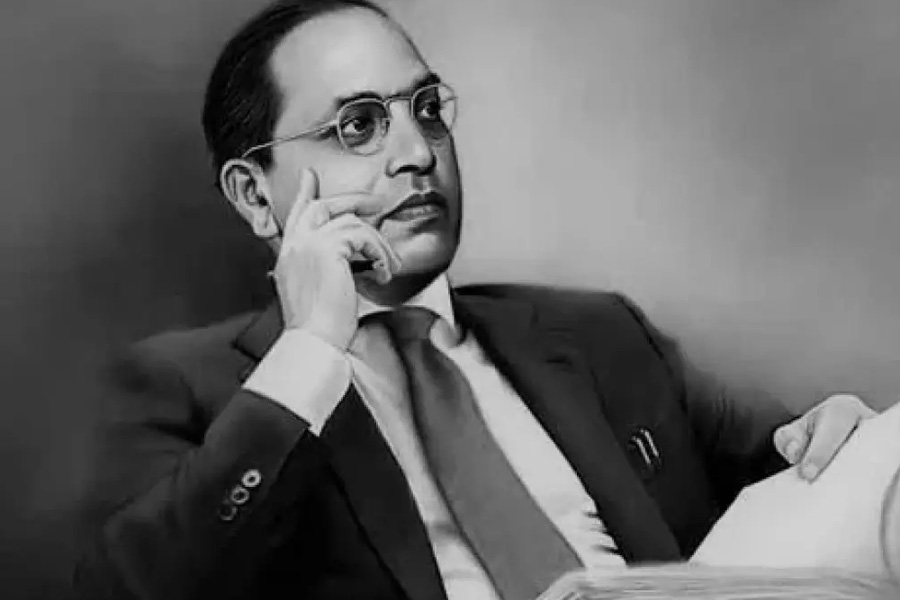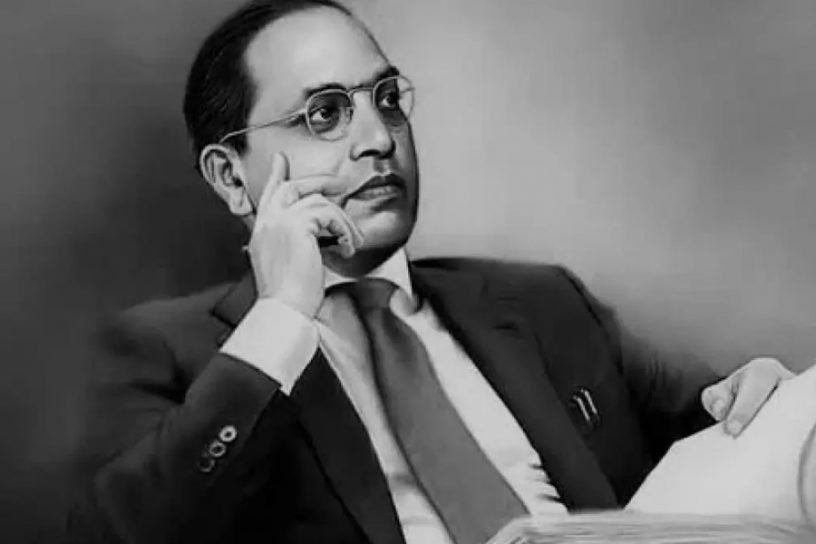
One key aspect of Ambedkar’s work that still gets limited mainstream attention was his determined contribution to the cause of women’s rights, the social movements of the 1920s and the 1930s, and their broader role in shaping India’s modern feminist thought.
Author
Deepanshu Mohan, Associate Professor of Economics and Director, Centre for New Economics Studies (CNES), Jindal School of Liberal Arts and Humanities, O.P. Jindal Global University, Sonipat, Haryana, India.
Summary
(This article was first published on 14 April 2022 and is being republished from the archives on the occasion of Dr BR Ambedkar’s death anniversary on 6 December.)
Today is the 140th birth anniversary of Bhimrao Ramji Ambedkar (April 14, 1891-December 6, 1956), famously known as ‘Babasaheb’ across India. One might argue that Ambedkar’s work, legacy, and contribution to independent India’s social, legal, economic, and political foundations remain incomparable to perhaps any other national figure – some might debate and say, ‘including Gandhi’.
As historian and Gandhi’s biographer, Ramachandra Guha, in a chapter entitled Arguments with Ambedkar in his book ‘Gandhi: The Years That Changed The World (1914-1948), observed:
“The transformations in Gandhi’s (own) view of caste, his increasing willingness to challenge its prejudices and proscriptions, were a direct consequence of his encounters with reformers more radical than himself – namely, Narayana Guru and his followers, and more recently, Ambedkar. The birth and subsequent career of BR Ambedkar had a far greater impact on Gandhi than he was sometimes willing to acknowledge.”
‘Pragmatic, Not Dogmatic’: Ambedkar’s Socialism
Ambedkar was not a socialist in the typical sense, but he was inclined towards evolutionary socialism. He developed his own ideas and emerged as a ‘socialist’ in his own way. His views on understanding and addressing caste-induced social and economic inequality or caste-based exploitation of communities were brought forth in an empirical-critical manner in all his work.
“Ambedkar’s socialism”, as Vivek Srivastava argues, was “innovative and indigenous”. “It is pragmatic, not dogmatic”, he says. “It is humane, not violent.”
Most of what I have said here is reasonably well-known about Ambedkar, including his teachings and interventions in mainstream social discourse.
But one key aspect of Ambedkar’s work that still gets limited mainstream attention was his determined contribution to the cause of women’s rights, the social movements of the 1920s and the 1930s, and their broader role in shaping India’s modern feminist thought.
Published in: The Quint
To read the full article, please click here.


